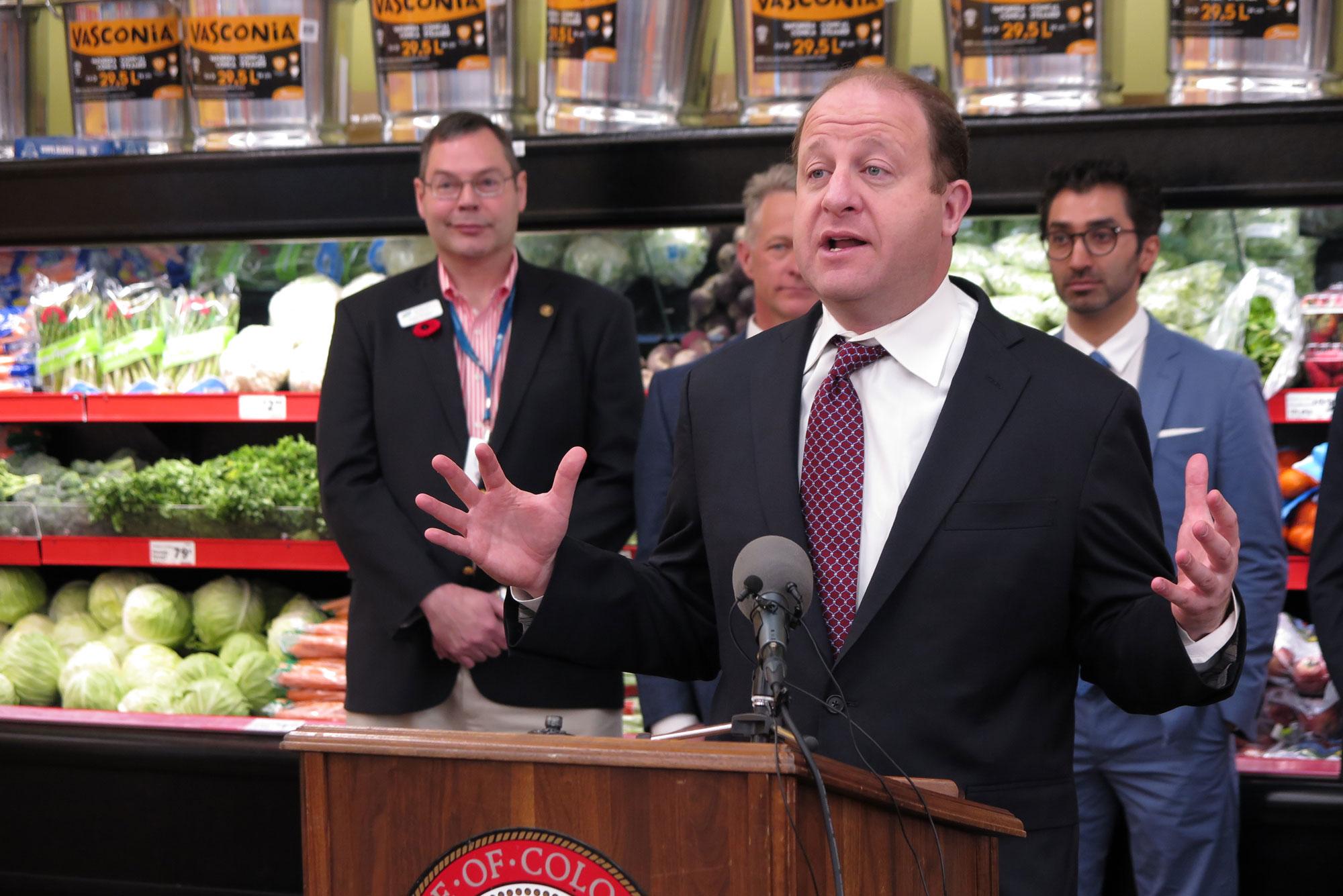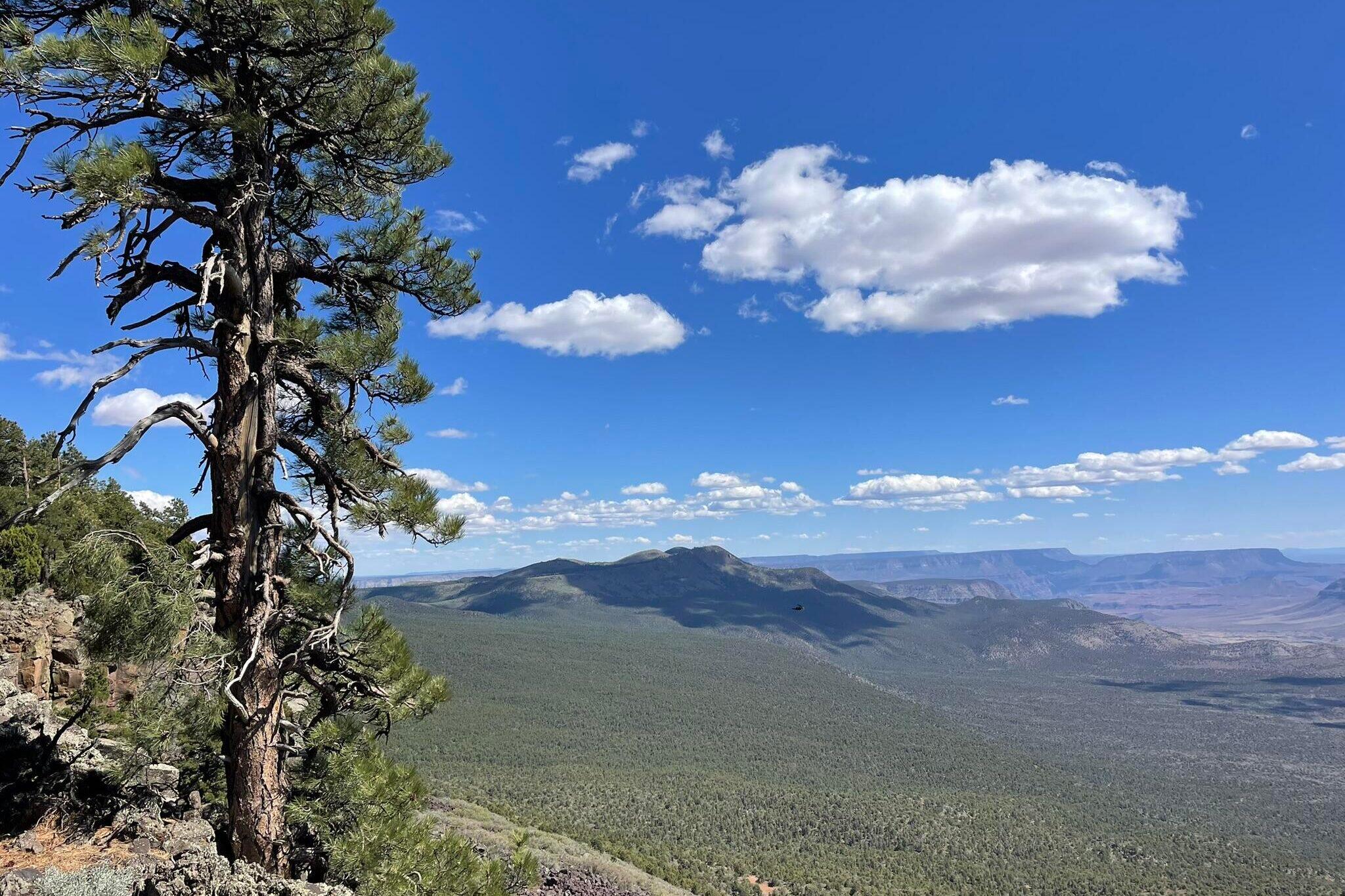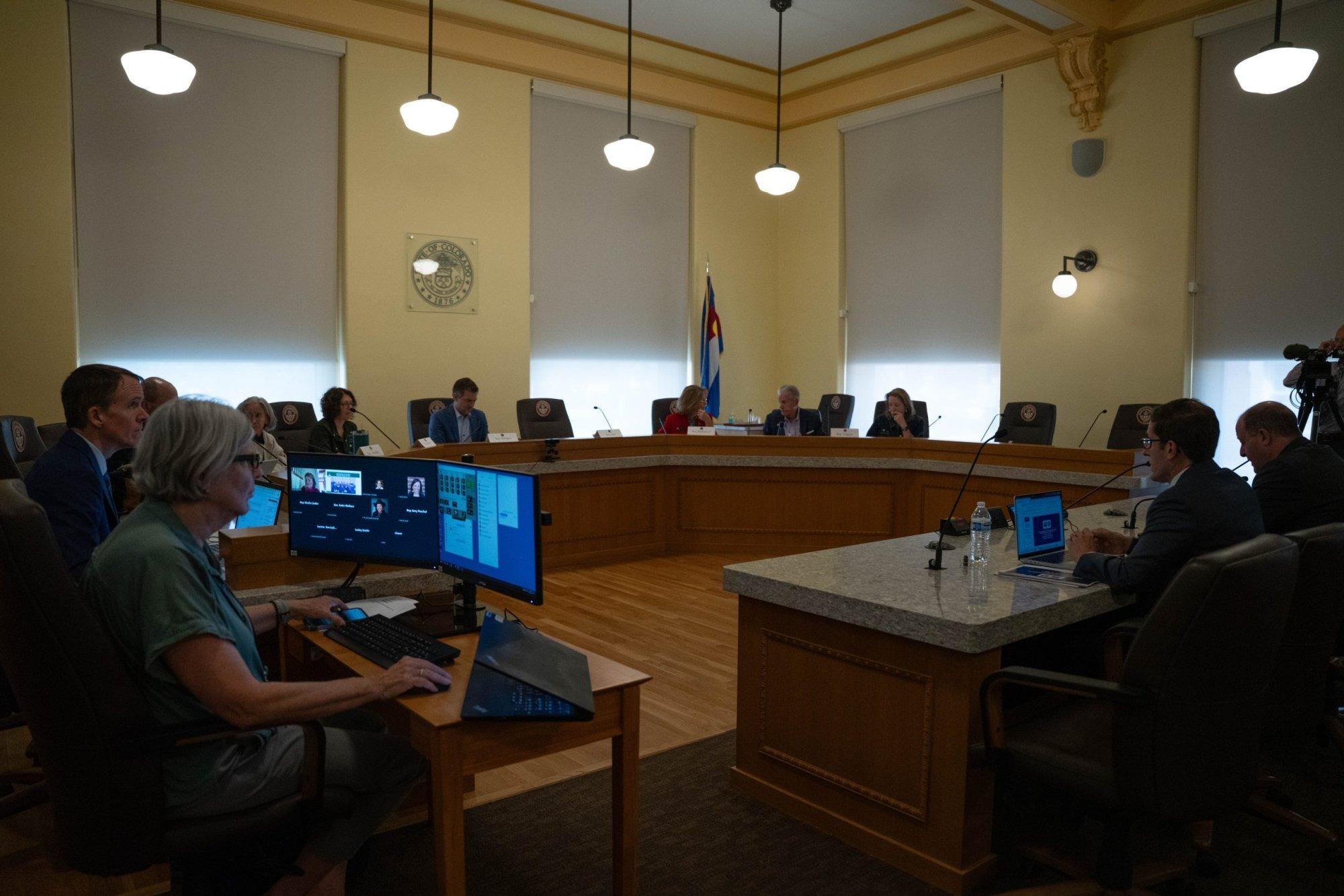

Gov. Jared Polis signed an executive order Wednesday to establish a new commission focused on expanding employee-owned businesses in the state.
“We know that wages simply haven’t kept up with economic growth,” Polis said. “A big part of that solution is participatory capitalism, allowing people to own part of the upside they create through the value of their labor.”
The Commission on Employee Ownership, which will be housed in the Colorado Office of Economic Development and International Trade, aims to provide technical support and education for businesses looking to convert to employee-ownership. The commission will also identify and remove barriers that hamstring employee-owned business creation.
The business model that employee-owned companies often use is known as an Employee Stock Ownership Plan. Under the ESOP model, employees are given stock in the companies as part of their overall compensation.
Polis held a signing ceremony for the executive order in the produce section of a Save-A-Lot grocery store branch in Colorado Springs — the same store where he launched his gubernatorial campaign in 2017. He was joined by John Leevers, who runs the 17 Save-A-Lot locations in Colorado as employee-owned businesses.
“Employee ownership is the best wealth generation vehicle that I know of,” Leevers said. “In addition to increasing retention and productivity, it gives employee owners a true stake in the success of the company and control over their own financial security in the future.”
The Commission on Employee Ownership will have between 10 and 25 members from different regions of the state, who will serve either two or four year terms.








